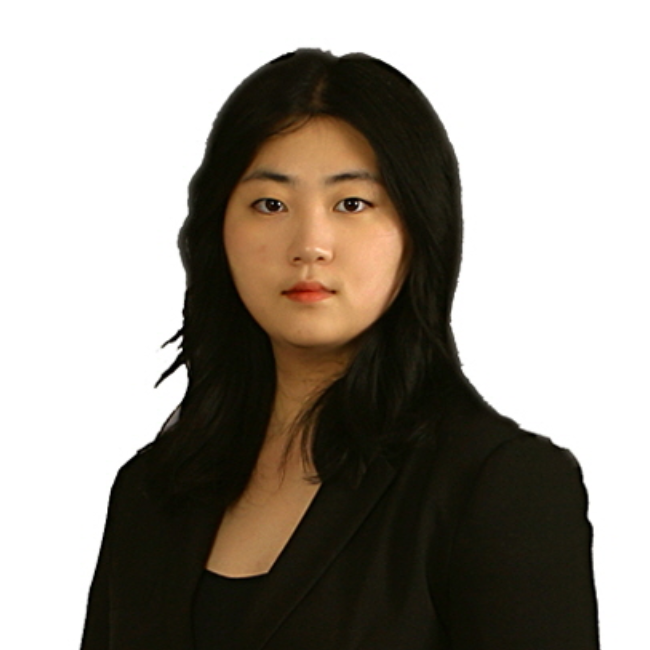Ahead of rate-setting meeting, BOK urged to cut rate as demand slumps
Published: 15 Aug. 2024, 17:04
Updated: 15 Aug. 2024, 19:20
-

- SHIN HA-NEE
- shin.hanee@joongang.co.kr
![Bank of Korea Gov. Rhee Chang-yong walks away from the podium after a press conference held following a rate-setting meeting at the central bank in Jung District, central Seoul, on May 23. [JOINT PRESS CORPS]](https://koreajoongangdaily.joins.com/data/photo/2024/08/15/9e900d57-0b2e-4508-9656-1bc83eee81f9.jpg)
Bank of Korea Gov. Rhee Chang-yong walks away from the podium after a press conference held following a rate-setting meeting at the central bank in Jung District, central Seoul, on May 23. [JOINT PRESS CORPS]
With Korea continuing to struggle with sluggish domestic demand, the central bank now faces growing calls for interest rate cuts ahead of a rate-setting meeting slated for August 22.
However, rising household debt remains a major obstacle for the Bank of Korea (BOK) to initiate the reduction before the U.S. Federal Reserve, which is widely expected to begin its policy rate cuts in September.
The Korea Development Institute (KDI), a state-run economic think tank, lowered its forecast for the country’s economic growth this year from the previous 2.6 percent set three months ago to 2.5 percent on Aug. 8.
Slumping domestic demand, namely private consumption and construction investment, is the main reason behind the latest adjustment.
“While the growth in exports is expected to expand compared to the previous forecast, domestic demand will remain sluggish, slowing down the economic recovery for quite some time,” said Kim Ji-yeon, head of economic trend statistics at the KDI, during a press briefing that day.
The KDI expects Korea’s private consumption to grow 1.5 percent this year, a 0.3 percentage point cut from its previous forecast. Facility investment is projected to grow only 0.4 percent, a significant reduction from the initial expectation of 2.2 percent.
Korea’s retail sales index, a gauge of private spending and consumer sentiment, declined 2.9 percent in the second quarter from the same period last year, according to data compiled by Statistics Korea. This is the biggest drop since a 4.5 percent decline in the first quarter of 2009.
Retail sales have been shrinking for nine consecutive quarters, the longest streak of on-year decreases ever recorded.
The index for facility investments, another pillar of domestic demand, also inched down by 0.8 percent from a year earlier during the cited period.
In the April-June period, Korea's GDP recorded its first negative on-quarter growth since the first quarter of 2022, retreating by 0.2 percent. Of the contraction, a decline in domestic demand — dragged down by reduced private consumption and construction investment — was responsible for 0.1 percentage point, while increased imports contributed another 0.1 percentage point to the decrease, according to the BOK.
The KDI cited the prolonged period of high interest rates for the weak domestic demand readings. Korea’s base rate has been kept at 3.50 percent since January of last year.
“The rate cut decision has been delayed for longer than we initially expected,” said KDI Senior Fellow Jung Kyu-chul, director of the office of macroeconomic analysis and forecasting, indicating that the central bank should have reduced the base rate earlier in line with the economic situation.
The current condition “sufficiently warrants a decision to reduce the interest rate at the August rate-setting meeting,” said Jung.
People Power Party Rep. Yoon Sang-hyun, a five-term lawmaker, also recently called for a reduction, saying that “a pre-emptive rate-cut decision should be made in a timely manner” during a press conference on Aug. 6, urging the central bank to lower the interest rate before the Fed takes action.
Inflation has been gradually stabilizing throughout this year, which may further nudge the BOK toward a rate cut.
However, the growth in household debt driven by rebounding demand in the real estate market in Seoul remains a major risk. In July, household loans issued by banks increased by 5.5 trillion won ($4 billion) from June, marking the fourth straight on-month increase.
BOK Gov. Rhee Chang-yong hinted at a potential shift toward rate cuts after the July rate-setting meeting. Yet he remained cautious, saying that “when to make the pivot still remains unclear, as there are various risk factors such as foreign exchange market [volatility], the real estate market situation in the greater Seoul area and household debt.”
BY SHIN HA-NEE [shin.hanee@joongang.co.kr]










with the Korea JoongAng Daily
To write comments, please log in to one of the accounts.
Standards Board Policy (0/250자)